Scientists have developed the first artificial muscles made from natural proteins that contract autonomously and consume chemical fuel.
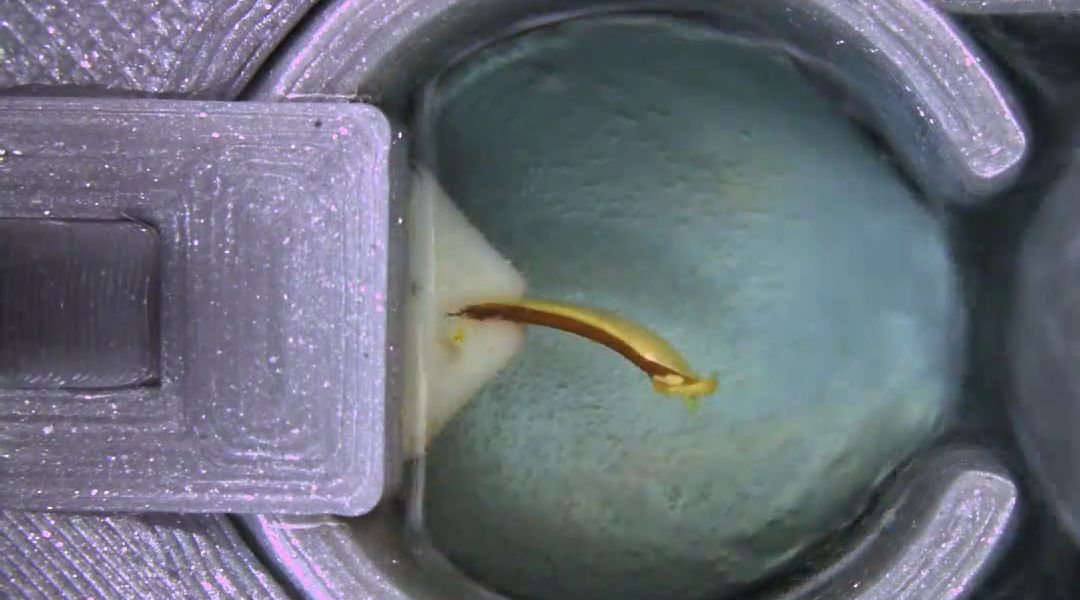

Scientists have developed the first artificial muscles made from natural proteins that contract autonomously and consume chemical fuel.
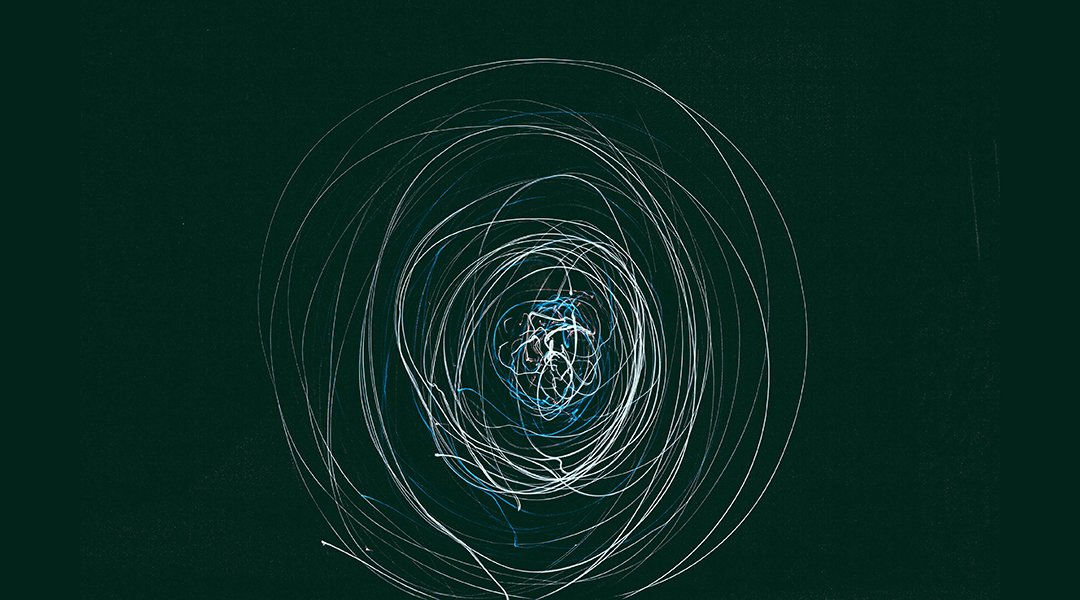
Shrouded in the language of computers, the key is to figure out how to work with, and not blindly rely on, AI.

The “Queen of Carbon” made her mark on solid state physics, but no less important is the impact she had as an inclusive and inspirational teacher.
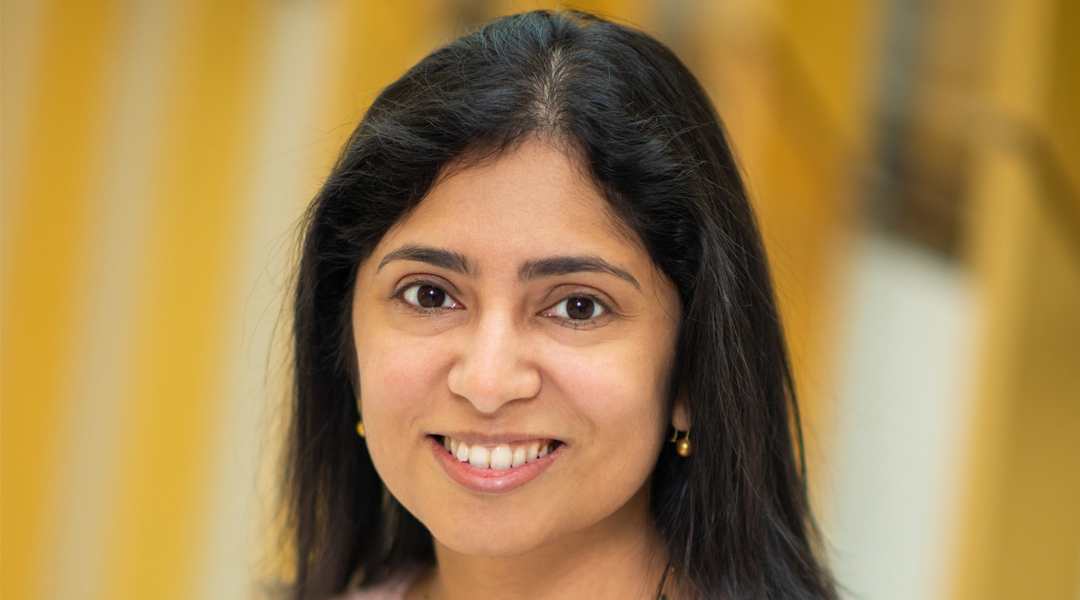
Professor Madhu Bhaskaran creates devices to assess the biometrics of the human body and helps patients feel again.
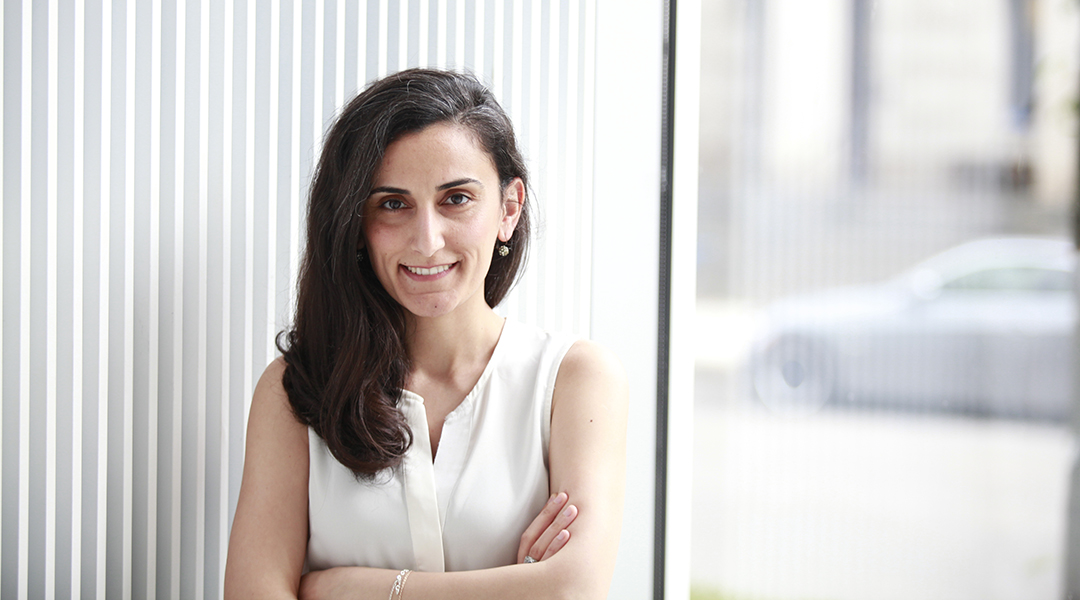
Bioengineer Canan Dağdeviren is living her dream, decoding physical patterns of the human body in order to diagnose and cure diseases.
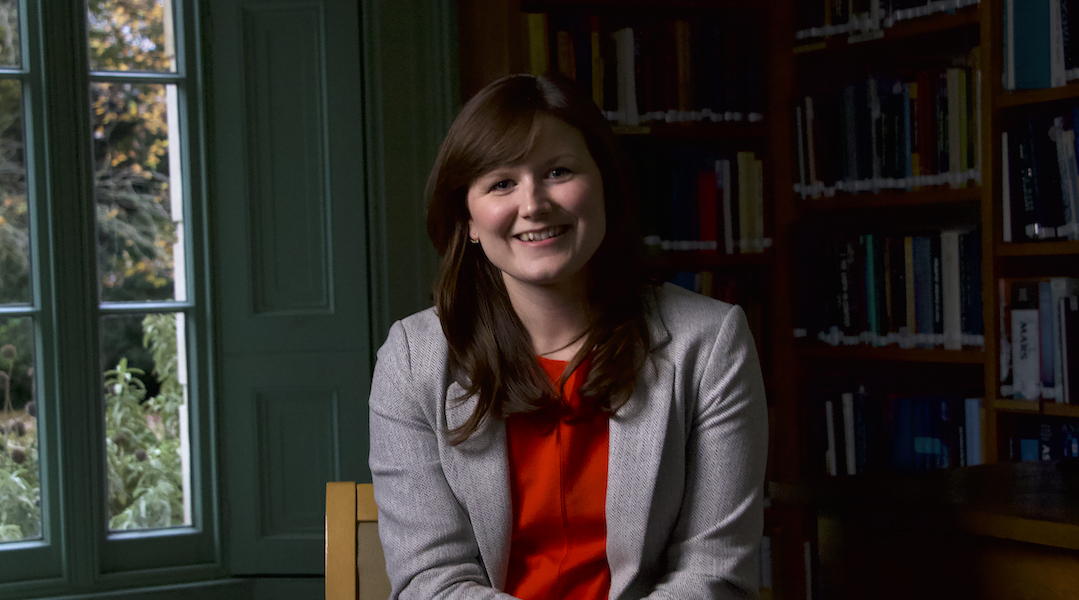
Your “friendly neighborhood astrophysicist” Becky Smethurst is enthusiastically exploring the universe and educating us along the way.

Through teamwork and respect, Isaacs is forming lasting relationships with his students and building a community around dance.
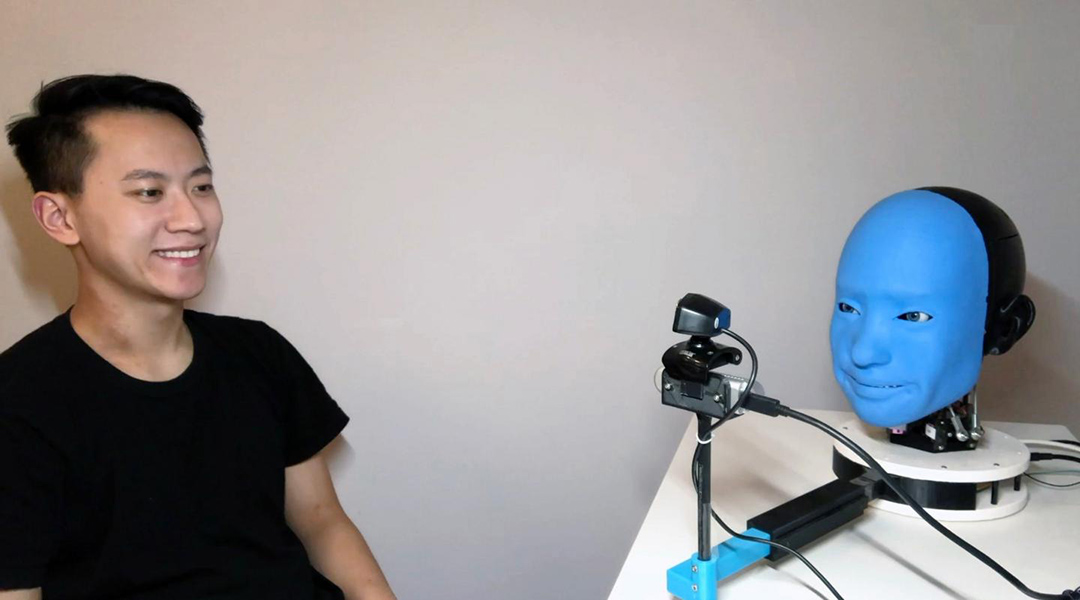
Researchers teach robots to make appropriate reactive human facial expressions, an ability that could build trust between humans and their robotic co-workers and care-givers.
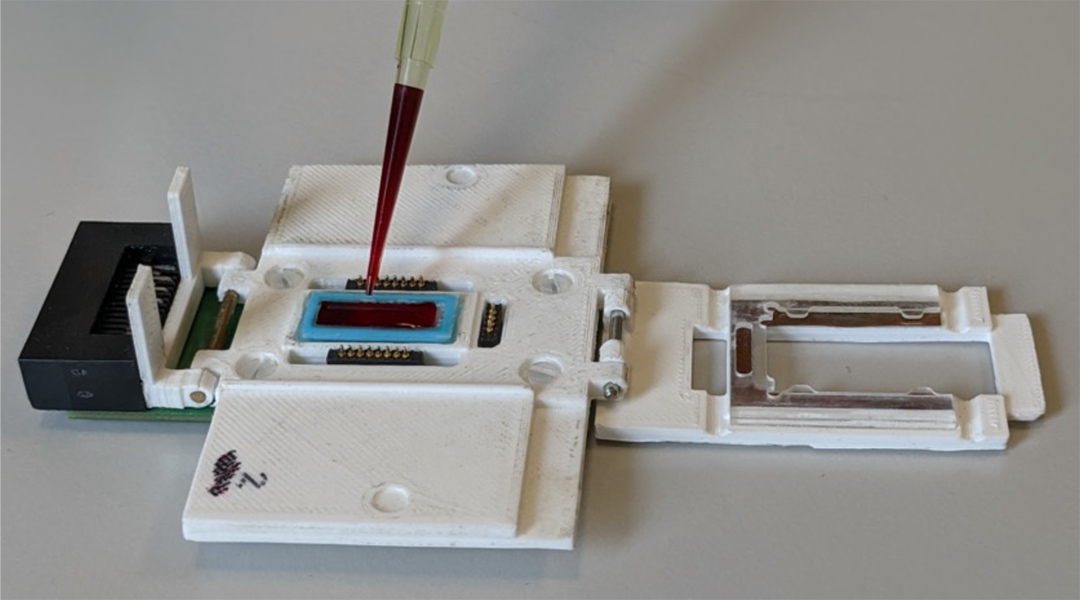
A new lab-on-chip technology enables the rapid and quantitative identification of malaria parasites in the blood for better and more accurate diagnosis in remote regions.
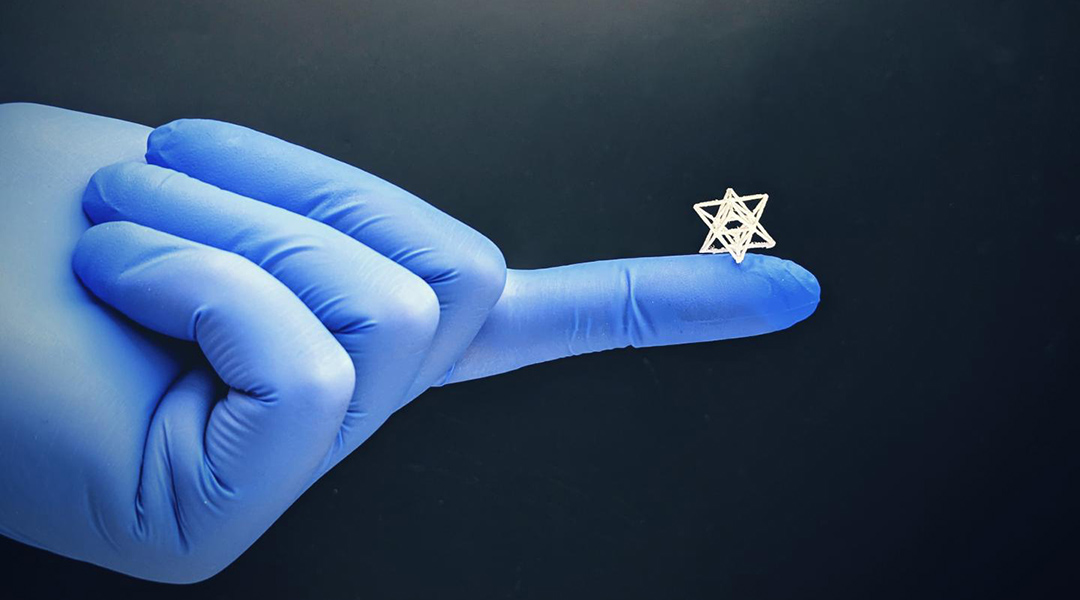
Researchers have flipped traditional 3D printing to create some of the most intricate biomedical structures yet.